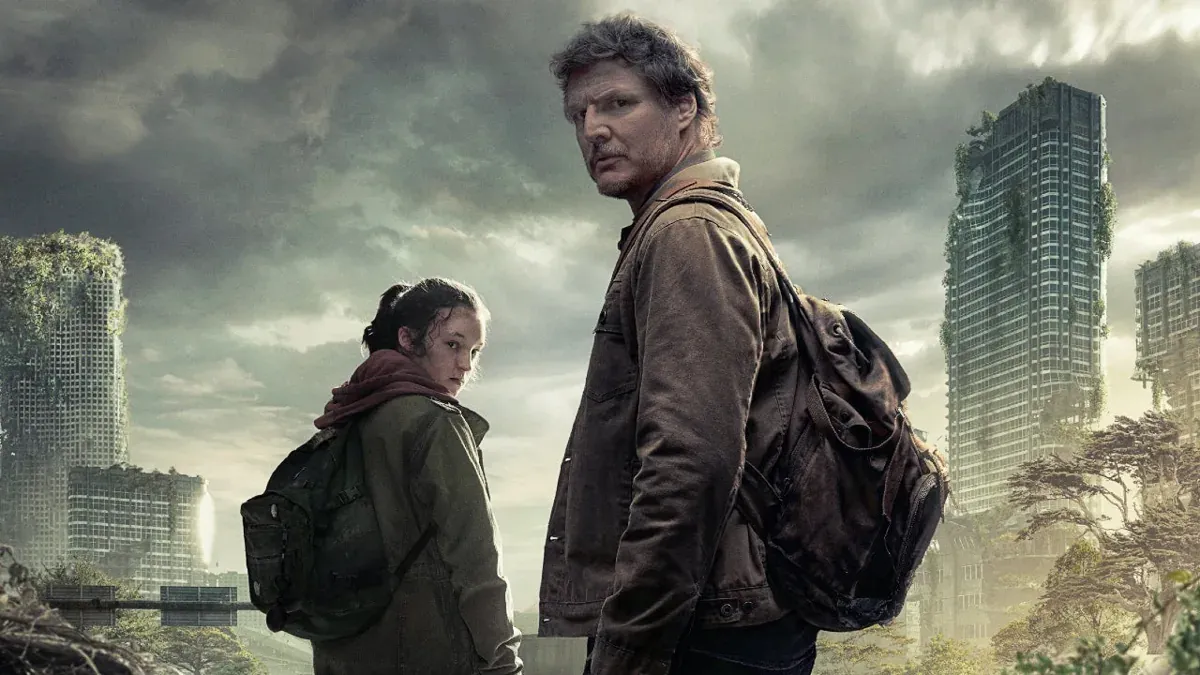The Last of Us: A Surprisingly Good Show with True-to-Story Character Development

When The Last of Us was announced as a television adaptation, many fans of the acclaimed video game approached it with trepidation. Adaptations of beloved games have a notorious history of disappointing audiences, often straying too far from the source material or failing to capture the essence of what made the original work compelling. However, HBO’s The Last of Us managed to defy expectations, delivering a surprisingly good show that not only stayed true to the game’s powerful story but also deepened the characters in meaningful ways.
1. Faithfulness to the Story
One of the primary reasons The Last of Us stands out as a successful adaptation is its commitment to the original story. Rather than deviating significantly from the game’s plot, the showrunners, including creator Neil Druckmann, who co-wrote and co-directed the game, respected the narrative beats that made the game so emotionally gripping.
The core story of Joel and Ellie’s journey across a post-apocalyptic America, ravaged by a fungal infection that turns people into vicious, zombie-like creatures, remains intact. The themes of survival, sacrifice, and the moral ambiguity of the characters’ decisions are faithfully portrayed on screen. The show doesn’t shy away from the bleak and often brutal world the game introduced but instead embraces its emotional complexity.
What made the game special was its ability to combine intense action with a deeply personal, character-driven story. HBO’s adaptation understands this balance, prioritizing the emotional arcs of Joel and Ellie, while ensuring that the action and tension build naturally from their journey. By preserving the key events that shape their relationship—such as their initial mistrust, the gradual bond they form, and the devastating choices they make—the show captures the essence of the game in a way that honors its narrative.
2. Strong Character Development
One of the show’s greatest strengths is how it handles character development, especially for its leads, Joel and Ellie, portrayed by Pedro Pascal and Bella Ramsey, respectively. Both actors deliver nuanced performances that elevate the emotional depth of their characters beyond what was possible in the game.
Joel, the hardened survivor, is brought to life with a quiet intensity by Pascal. The show deepens Joel’s trauma from losing his daughter in the early days of the outbreak, allowing us to see his vulnerability even when he maintains his tough exterior. Through Pascal’s performance, viewers can feel the weight of Joel’s past and the emotional walls he’s built to survive. His growing connection with Ellie is portrayed gradually and organically, mirroring the game’s careful pacing of their relationship.
Ellie, on the other hand, is given even more room to shine in the show. Bella Ramsey captures Ellie’s sharp wit, resilience, and youthful vulnerability with impressive skill. Her portrayal emphasizes Ellie’s coming-of-age journey, showing not only her resourcefulness but also her emotional complexity as she wrestles with the burdens placed upon her as the possible savior of humanity.
The show expands on certain supporting characters as well, allowing for more emotional depth. Characters like Bill and Frank, who only had a brief mention in the game, are given a poignant backstory in one of the show’s standout episodes. This episode not only enriches the world of The Last of Us but also exemplifies the show’s commitment to exploring humanity amid the devastation.
3. Stunning Cinematic Direction and Atmosphere
The Last of Us show maintains the game’s somber tone and atmosphere, creating a world that feels just as haunting and oppressive. The production design, with its decaying cities and overgrown landscapes, reflects the collapse of civilization, while the cinematography captures both the beauty and horror of this new world. These visual elements immerse viewers in the same eerie, tension-filled environment that made the game such a memorable experience.
The pacing of the show also deserves praise. While some adaptations rush through important moments, The Last of Us takes its time to develop its characters and their relationships, allowing the emotional beats to land with full impact. The show doesn't feel like a series of action set pieces; instead, it focuses on the quieter, more intimate moments that define the characters’ journey.
Conclusion
In a time when video game adaptations often fall short, The Last of Us rises above as a shining example of how to do it right. By staying true to the original story, respecting the game’s character-driven narrative, and allowing its actors to bring new depth to beloved characters, HBO’s The Last of Us has become a surprising and critically acclaimed success. It is not just a good video game adaptation—it is an excellent piece of television storytelling in its own right.
